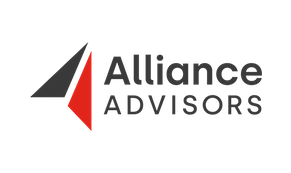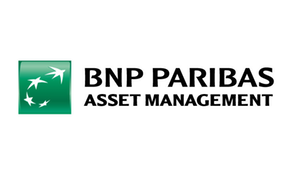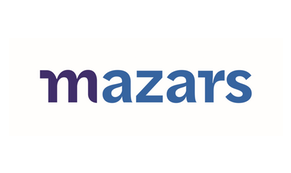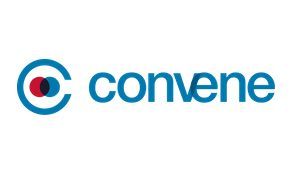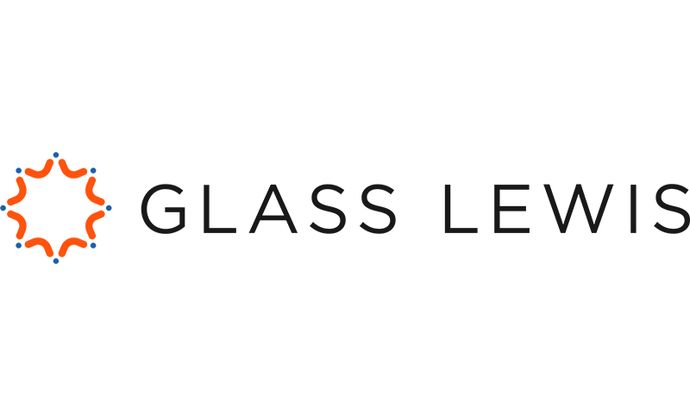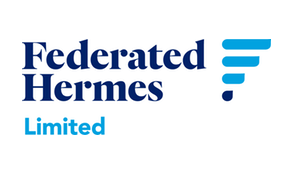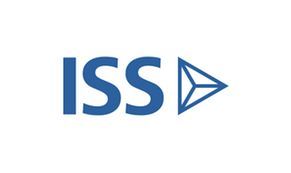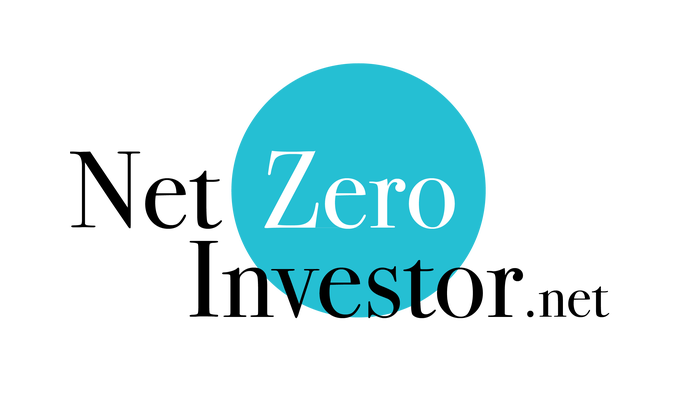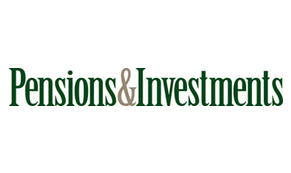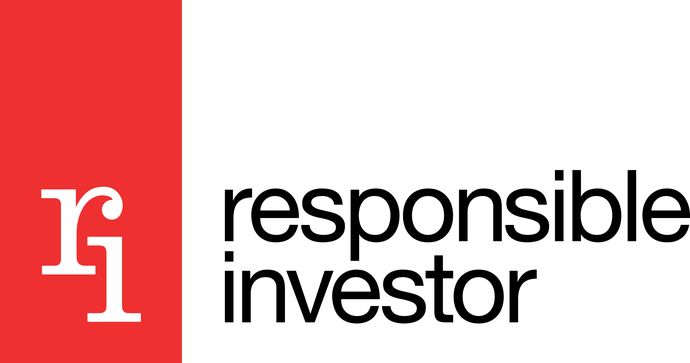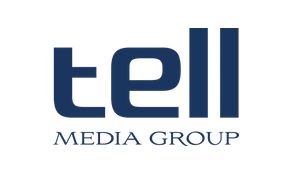
ICGN Stockholm Conference
About the event
ICGN is proud to be hosted by Andra AP-fonden (AP2) for our 2023 Stockholm Conference, to be held at the Radisson Blu, Stockholm Waterfront Congress Centre - one of the most energy efficient buildings in the world.
The event will cover sustainability standards and reporting, looking specifically at the evolution of this space and next steps for companies and investors. With so much going on - such as the growing demand for meaningful sustainability reporting and the global consolidation of sustainability reporting standards - ICGN plans to convene various regulators and key industry stakeholders in one place to provide informative and practical updates.
Registration to this event is now closed.
Hosted by
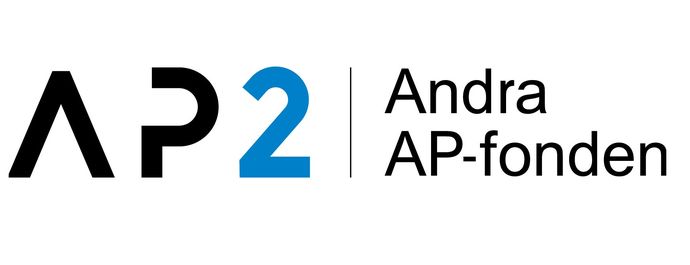
For our registration terms and conditions click here
Please contact Karel Krticka via karel.krticka@icgn.org, for branding or sponsorship opportunities.
Speakers
PepsiCo, Inc.
Agenda
-
7 March 2023 - ICGN Stockholm Conference Day 1
08:30 – 09:00Delegate Registration09:00 – 09:15Opening Remarks- Kerrie Waring, CEO, ICGN
- Eva Halvarsson, CEO, AP2
09:15 – 09:30Morning Keynote- Mats Isaksson, Member of the Swedish Corporate Governance Board, Director of the Swedish Corporate Governance Institute and Member of the Advisory Board, Centre for Global Markets and Corporate Ownership, Columbia University
09:30 – 10:30Plenary 1: Unique Characteristics of the Nordic Model of Corporate GovernanceNordic corporate governance is often characterized as being shareholder-led, allowing for controlling shareholders to influence the long-term strategy and direction of investee companies. Dual class share structures in Nordic companies are common and, in Sweden, shareholder-based Nomination Committees provide an alternative approach to shareholder influence on investee companies. But what protections are afforded to the rights of minority shareholders? How are conflicts managed to mitigate overt control from a significant shareholder? This session will explore unique characteristics of corporate governance in Nordic countries in comparison with other models.
- Ossian Ekdahl, Chief Active Ownership Officer, AP1 & Chair, Ethical Council, Sweden
- Leena Linnainmaa, Chair, ecoDa & Secretary General, Directors Institute, Finland
- Christina Stray, Chair, Corporate Governance Board Norway & Director, Compliance and Legal, Folketrygdfondet, Norway
- Jakob Skafte, Director, ESG, ATP, Denmark
Chaired by Mats Isaksson, Member of the Swedish Corporate Governance Board, Director of the Swedish Corporate Governance Institute and Member of the Advisory Board, Centre for Global Markets and Corporate Ownership, Columbia University
10:30 – 11:00Networking Refreshments11:00 - 12:00Plenary 2: Preparing for EU’s Corporate Sustainability Reporting Directive (CSRD) – what companies need to knowFirst introduced in April 2021, the CSRD replaces the EU Non-financial Business Reporting Directive and will be effective from January 2024. Once approved by the European Parliament and Council, the Directive will influence the drafting of standards by the European Financial Reporting Advisory Group (EFRAG), mandatory for over 50,000 of the largest EU companies and as well as non-EU based companies with EU-based subsidiaries, or securities on EU-regulated markets. CSRD aims to drive consistency and comparability of sustainability related information and notes specifically human rights, diversity, anti-corruption as well as wider environmental and social aspects. Importantly, the ICGN Global Governance Principles are referenced, as an authoritative global framework of governance information of most relevance to users. What does this mean in practice? How should ‘governance’ be universally defined? How will this impact investor and company engagement? What are the challenges and opportunities?
- Karina Litvack, Member of the Board of ENI, Italy
- Bennet Strang, Associate Director, Sustainability Insights ESG Strategy & Reporting, Global Public Affairs & Sustainability, Novo Nordisk, Denmark
- Emmanuel Thierry, Partner & CSRD Task Force Leader, Mazars, Japan
Chaired by Ian Burger, Chair of the Board, ICGN, UK
12:00 – 13:00Shareholder engagement and early key takeaways from the Shareholder Meetings held in Q1 2023 across EMEA,With investors’ stewardship teams positioning themselves for what will be a ground-breaking Shareholder Meeting season, what can companies expect to prepare for their Shareholder Meeting? Have investors communicated their potential new set of guidelines enough and if so, how did they do it? Have companies engaged enough with the right parties to ensure that they will not be surprised by potential dissent at their next Shareholder Meeting? Looking back at Shareholder Meetings already held in 2023 across the EMEA region, this panel will represent the Issuer and Investor perspective to highlight the topics that receiving the most attention and to provide some last minute action points from both sides to have a successful season ahead.
- Christine Chow, Member of the Board, ICGN, UK
- Susanne Stormer, Partner, ESG & Sustainability Services Leader, PwC Denmark
- Sawan Kumar, Head of Stewardship, Evenlode Investment, UK
- Dr. Klaus Kunz, Head of ESG External Engagement and Performance Reporting, Bayer, Germany
Chaired by: Timothy Marshall, Chief Operating Officer, Alliance International, Alliance Advisors
13:00 – 14:00Networking Lunch14:00 – 15:00Plenary 3: New Era for Investor Disclosure: Implementing EU Sustainable Finance Disclosure Regulations (SFDR)First applied in March 2021,SFDR is designed to promote sustainable investment across Europe as part of a broader EU Sustainable Finance Action Plan. It aims to standardize terminology for sustainable investment products and reduce greenwashing. Financial products are tiered according to category, the most relevant being Article 8 demonstrating ‘ESG characteristics,’ and Article 9 focused on ‘sustainable investment.’ Any investor that markets products within the EU is subject to reporting requirements at both fund and product level. This includes policies on how sustainability related risks are incorporated in investment decision-making and statements of due diligence around principle adverse sustainability impacts. In doing so investors must verify the degree to which their portfolio companies demonstrate ‘good governance practices’ and adhere to sustainability standards. How has disclosure evolved as investors prepare for a second round of reporting by June 2023. What are the challenges and how can efficiencies be gained?
- Jim Whittington, Portfolio Manager and Vice President, Dimensional, UK
- Celia Grip, Senior Sustainability Advisor, Swedbank Robur Fonder AB, Sweden
- Michael Herskovich, Global Head of Stewardship, BNP Paribas Asset Management, France
- Anne Schoemaker, Director, ESG Products, Morningstar Sustainalytics
Chaired by Rients Abma, Executive Director, Eumedion, Netherlands
15:00 - 15:15Afternoon Video KeynoteSue Lloyd, Vice Chair, ISSB, UK
15:15 – 15:45Refreshments15:45 – 16:45Plenary 4: Convergence of Sustainability Reporting Standards and FrameworksThis year was awash with public consultations on corporate sustainability reporting standards including from the International Sustainability Standards Board, the European Financial Reporting Advisory Group, and national standard setters such as the US SEC. Globally harmonized standards will serve to reduce the reporting burden on companies while equipping investors with rigorous, comparable, and verifiable sustainability information, backed by regulation and enforcement. How feasible is a global baseline as a reality? What aspects are likely to be subject to regional / national fragmentation? What efforts are underway for collaboration to ensure realization of a global baseline within a reasonable timeframe?
Video presentation:
- Patrick de Cambourg, Chair, EFRAG Sustainability Reporting Board, France
- Bastian Buck, Chief of Standards, Global Reporting Initiative, Netherlands
- George Iguchi, SSBJ(Sustainability Standards of Japan)& Executive Director, Nissay Asset Management, Japan
- David Madon, Director, Sustainability, Policy & Regulatory Affairs, International Federation of Accountants (IFA), USA
Chaired by: Erin Dwyer, Partner, Tapestry Networks, USA
16:45 – 17:15ICGN Biodiversity ViewpointIn this viewpoint, ICGN describes the risks to capital markets presented by biodiversity loss and takes heed of the urgent situation which demands significant actions to deal with the challenges presented. We list ten game-changers that stewardship teams and board directors should note. We follow this list, and conclude this paper, with ten areas of consideration for boards and stewardship teams to examine in order to ensure that appropriate actions are taken to stave off the significant, if not existential, risks to companies, investors, investment institutions, and the global economy.
- Bob Walker, Sustainability Policy Manager, ICGN, Canada
17:15 – 17:30Lifetime Achievement Award 2022 Presentation- Carol Nolan Drake, Governance & Stewardship Policy Manager, ICGN, USA
- James Andrus, Interim Managing Investment Director, Board Governance & Sustainability, CalPERS, USA
17:30Day One Close17:30 – 18:30Conference Networking Reception
-
8 March 2023 - ICGN Stockholm Conference Day 2
08:30 – 09:00Registration09:00 – 09:10Welcome Back Remarks09:10 – 10:10Plenary 5: Financial Accounting and Assurance for Sustainability ReportingWhile global consolidation of sustainability reporting standards is evolving, many investors are calling on companies to demonstrate how sustainability-related factors can materially impact asset values, earnings, contingent liabilities, and statements of going concern. To help improve the quality of climate related corporate reporting and auditing, standard-setters and regulators have issued guidance. To what extent is this guidance being followed by companies and auditors? What are the challenges companies face in demonstrating net-zero accounting disclosures on critical assumptions, scenarios and judgements? How is this information currently being audited or assured?
- James Andrus, Interim Managing Investment Director, Board Governance & Sustainability, CalPERS, USA
- Mark Babington, Executive Director of Regulatory Standards, FRC, UK
- Cynthia Nastanski, Senior Vice President, Corporate Law and Deputy Corporate Secretary, Pepsi Co, Ltd.
- Warren Maroun, IAASB Sustainability Assurance Task Force & Professor of Accounting and Auditing, University of the Witwatersrand's School of Accountancy
Chaired by Karin Apelman, Secretary General and CEO, FAR
10:10 – 11:10Plenary 6: Key developments in remuneration reporting and practicesThe European Commission will soon publish guidelines which specify a standardized presentation of remuneration reports across Europe to facilitate consistency and comparability of information across companies and countries. Additionally, investors are calling for more information around the process for remuneration setting as well as the rationale for individual awards. Long-term incentive plans have become ever more complicated, often combined with claw back arrangements, net holding requirements and performance-based deferrals of cash bonuses. This is coupled with a lack of clear alignment with sustainability related key performance indicators to demonstrate progress towards achieving objectives such as net-zero emission targets. To what extent are Remuneration Committees fit for purpose in the 21st century? What impact will systemic events such as rising inflation, food and energy shortages and Russia’s war against Ukraine have on executive remuneration? What do we expect to see in the new wave of corporate remuneration reporting from March 2023?
- Anna Magnusson, Stewardship and Corporate Governance Specialist, Alecta, Sweden
- Björn Kristiansson, Executive Member, Swedish Corporate Governance Board, Sweden
- Harlan Zimmerman, Senior Director, Cevian Capital, UK
- Andrea Di Segni, Senior Managing Director, Morrow Sodali, Italy
Chaired by Rick Bennett, President & CEO, ValueEdge Advisors, USA
11:10 – 11:40Networking Refreshments11:40 – 12:40Plenary 7: Investor Stewardship Codes - Latest DevelopmentsStewardship Codes continue to provide a helpful roadmap for investors around how to implement responsible investment practices focused on investee company monitoring, voting and engagement. This includes disclosure around the governance arrangements of investors themselves and reporting requirements to clients, beneficiaries, and the public in general. Over the past 12 months, the Code for Responsible Investing in South Africa has been updated while new Codes will soon be released in New-Zealand and Spain. What are the latest innovations? Where is there convergence among regions / countries? How are the Codes applied or enforced? How do investors handle public policy advocacy in ways that support fiduciary duties and enhance their stewardship responsibilities? What does effective stewardship disclosure look like and what are its essential elements?
- Louise Davidson, Chief Executive Officer, Australian Council of Superannuation Investors (ACSI), Australia
- Nerea Vázquez, Legal Officer, CNMV, Spain
- Adrian Bertrand, Co-founder, Six Capitals ESG Advisory, & CRISA Governance, South Africa
- Andrea Tweedie, Acting Head of Stewardship, Financial Reporting Council, UK
Chaired by Kerrie Waring, Chair, GSCN, UK
12:40 – 13:40The SPAC Boom and Meltdown: Lessons for investors, Hosted by Pomerantz LLPThe sole purpose of a Special Purpose Acquisition Company (“SPAC”) is to effect a merger with a private business to enable it to go public. SPACs’ predecessors were the poorly regulated “blank check” companies of the 1980s, which were plagued by penny-stock fraud. SPACs evade the heightened disclosure regime of IPOs, making them a magnet for fraud. Recent research shows that 49% of quarterly financial filings by companies that came to market via a SPAC since 2020 contained an admission of ineffective internal controls. This panel will address the allure of SPACs, their risks, and the current securities litigations and SEC actions that are working to vindicate damaged investors and protect them going forward.
- Dr. Bobby V. Reddy, Faculty of Law, University of Cambridge, UK
- Jeremy A. Lieberman, Managing Partner, Pomerantz, USA
- Carol Nolan Drake, Governance & Stewardship Policy Manager, ICGN, USA
Chaired by : Daniel Summerfield, Business Development Director for UK, Pomerantz, UK
13:40 – 14:40Networking Lunch14:45 - 15:45Plenary 8: Board Oversight of Supply Chain SustainabilityMost companies are not stand-alone enterprises; rather they are placed in a broader value chain, with both upstream and downstream partners. Each company depends on its supply chains to support the business model. Building strong, long-term, and sustainable relationships can help make these supply chains resilient. This panel discussion looks at the role boards play in the oversight of supply chain sustainability, geopolitical developments, the latest regulation and international norms on this topic.
- Lisa Beauvilain, Executive Director, Global Head of Stewardship & Sustainability, Impax Asset Management, UK
- Carol Nolan Drake, Governance and Stewardship Policy Manager, ICGN, USA
- Nicholas Huber, Head of Corporate Governance, DWS Investment GmbH, Germany
Chaired by Eszter Vitorino-Füleky, Senior Responsible Investment Advisor, Van Lanschot Kempen, Netherlands
16:00 - 16:15Closing Remarks
















































